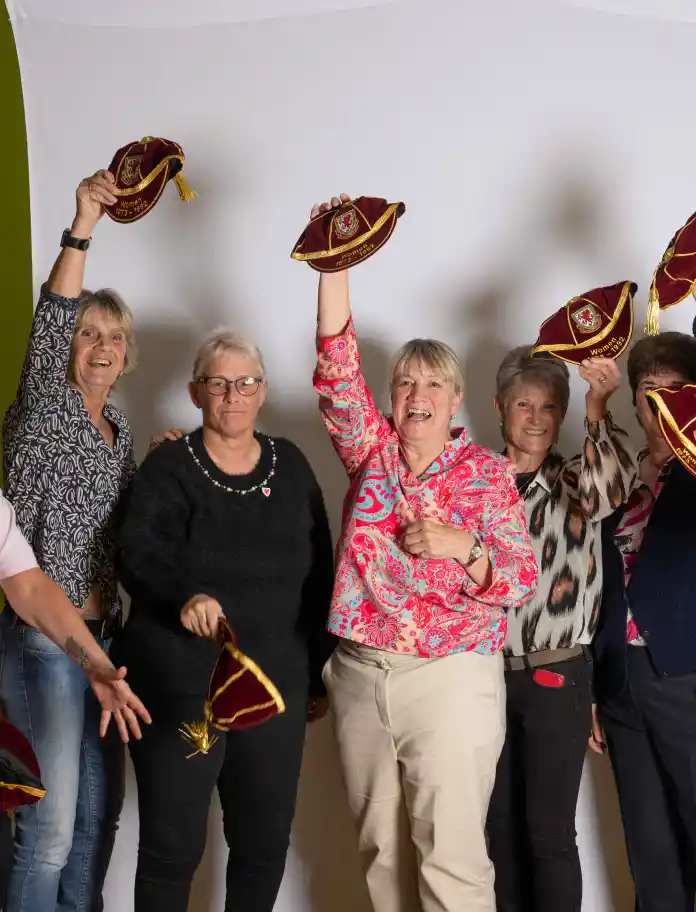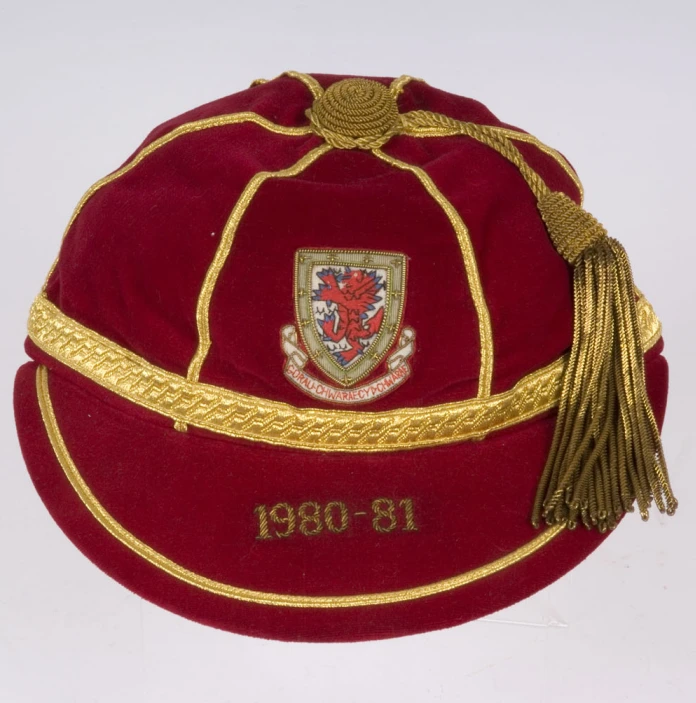The pinnacle of any professional footballer’s career is undoubtedly the moment when they are handed their first cap, a literal hat that is ceremoniously gifted to a player when they are selected to play for their country’s national team.
Some players have to wait a long time in their career before obtaining their first cap, but few will have waited longer than a group of 70 pioneering Welsh footballers who are being awarded their Welsh caps several decades after taking to the pitch to represent Wales.
So, why the lengthy delay? Up until 1993, the Football Association of Wales (FAW) was not connected with the women’s international team, and therefore players who took part in women’s matches before that date did not receive official ceremonial caps.

Moving forwards
But now efforts are underway to right this wrong. The FAW has identified 94 players who represented Wales in 27 international matches that took place from 1973 to 1993. The organisation has so far managed to track down 70 of these players, and last week, at a ceremony at St Fagans National Museum of History, in Cardiff, the FAW finally presented those able to attend with their official Welsh caps. (Former players living further afield, meanwhile, will receive their caps by post.)
Speaking ahead of the ceremony, which took place on 4 October, FAW chief executive officer Noel Mooney said the evening was set to be ‘a very special one’ honouring ‘the women who started the story of our national team’.
Hosted by S4C in partnership with the FAW, the award ceremony coincided with the upcoming release of a new documentary, Yr Hawl i Chwarae (The Right to Play), telling the story of women’s football in Wales for the first time. The documentary will be broadcast on S4C platforms on 22 October, and details the barriers female footballers have had to overcome in Wales (with the women's version of the sport effectively banned in the UK until 1971!) to play the game they love.
Learn more about the history of football – including women’s football – in Wales, or read about former Welsh captain Laura McAllister’s thoughts on how football has become cemented into Welsh national identity.

